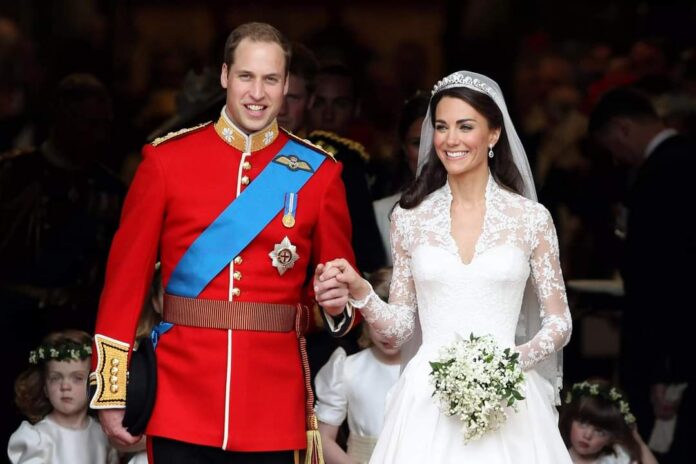Renowned social influencer Reno Omokri recently ignited a passionate online debate with his assertion that holding both a white wedding and a traditional African wedding is not aligned with Christian traditions as commonly believed. Omokri’s statement challenges the prevalent practice of many couples who opt for both ceremonies, and he calls into question the concept of a church wedding, asserting that it is unnecessary and unscriptural NEGROIDHAVEN can report.
In a social media post, Omokri pointed out that the term “church” does not appear in the Bible, and the word translated as “church” in English versions is actually “Ekklesia,” meaning gathering. He emphasized that all Scriptural marriages took place within homes, often in the context of a family affair. Omokri also referenced the wedding at Cana, where Jesus attended as a guest, not an officiating minister.
The post garnered diverse reactions from his followers. Some echoed his sentiments, agreeing that the elaborate ceremonies were unnecessary, while others expressed their own perspectives on the matter.
Gogo Wisdom questioned why religious leaders continue to guide their congregants in the direction of traditional white weddings despite Omokri’s interpretation of Scripture. Geraldine Nweke humorously defended the choice of having two traditional weddings, emphasizing the importance of individual preferences.
George Zino shared his own experience, narrating how he and his wife opted for a combination of traditional family rites and a civil registry wedding as prescribed by Nigerian law. Zino highlighted the importance of following both Scriptural and legal guidelines for marriage.
Favour Agbugba echoed a similar sentiment, sharing her decision to prioritize a traditional wedding without a church ceremony. She emphasized the significance of a meaningful and budget-friendly traditional wedding.
While the majority of responses supported Omokri’s stance, Lucas Jhaycomedy humorously pointed out that many women remained silent on the topic, suggesting a reluctance to engage in the debate. Nimnan Joshua acknowledged the controversial nature of Omokri’s view and mentioned that he, too, faced opposition for advocating a similar position.
Egbe Saviour expressed her agreement with the sentiment, noting that the consent of families and partners suffices for a meaningful marriage, without the involvement of a religious institution.
The social media thread underscores the ongoing discourse regarding wedding traditions, religious practices, and individual interpretations of Scripture. As the conversation continues, it serves as a reminder that personal beliefs and cultural norms often intersect, contributing to diverse perspectives on marriage ceremonies.
In the midst of varied opinions, Reno Omokri’s statements have successfully sparked an open dialogue on the role of traditional and scriptural customs in the modern context of wedding celebrations.








